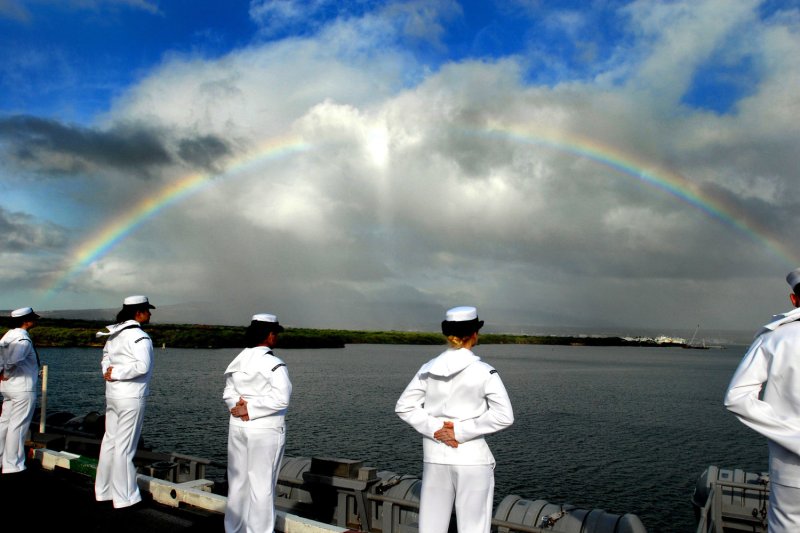NEW YORK, Dec. 6 (UPI) -- Historians say they have concluded the United States had no advance notice Japan intended to attack Pearl Harbor Dec. 7, 1941, settling a long-debated issue.
The New York Times reported on its Web site Saturday that historians for the National Security Agency concluded in a history released last week that decoded messages buried in Japanese-language weather reports, meant to alert Japanese diplomats to destroy codes, did not reach U.S. officials prior to the attack.















